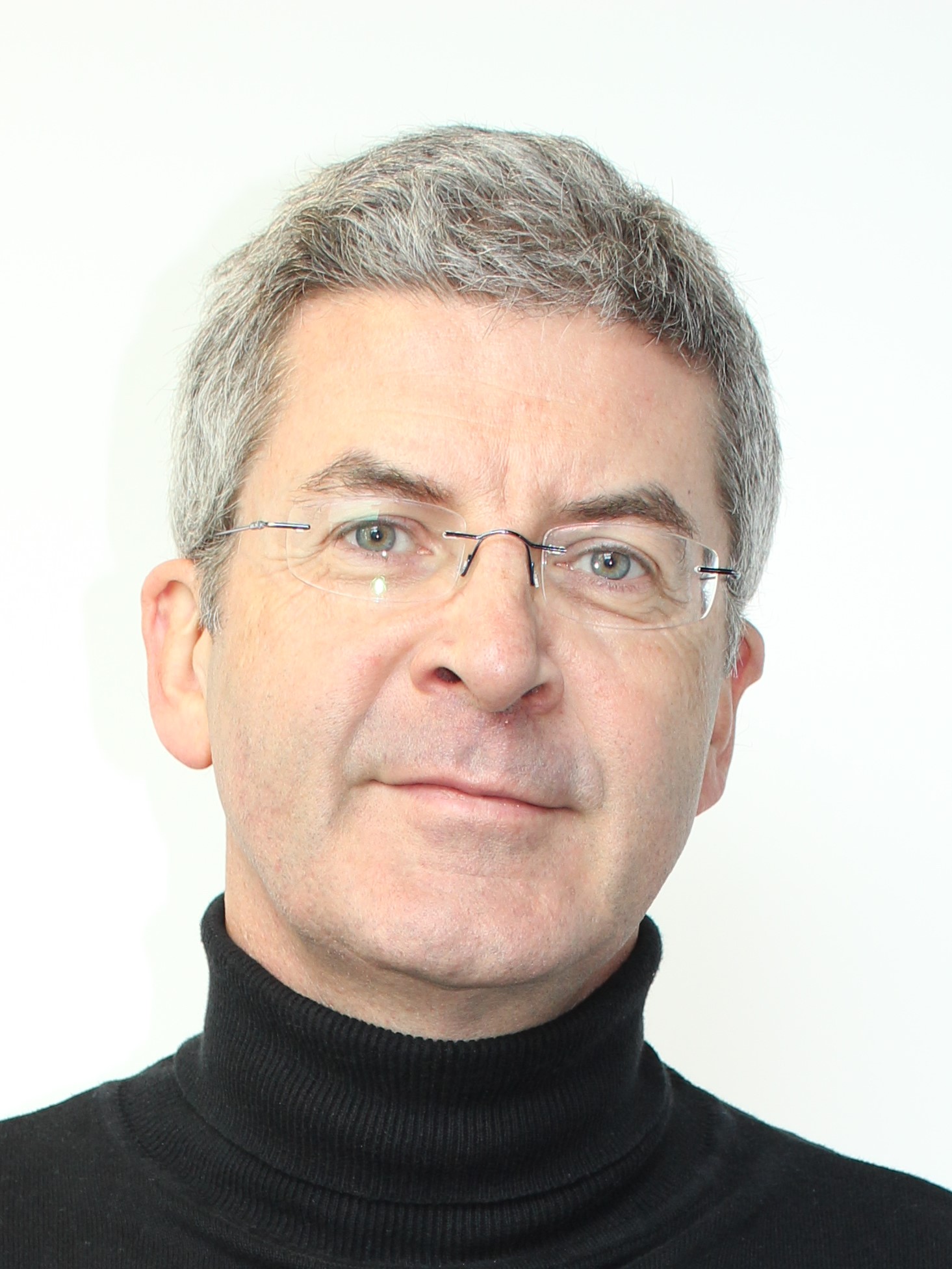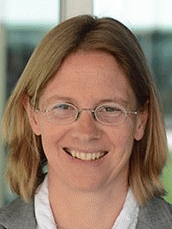Light-Based Sensing, Imaging and Manipulation in Life Sciences – 18.05.2022
The objective of the workshop is to bring together a small group of companies interested in innovating with photonics to detect and measure biomolecules.

Prof. Aleksandra Radenovic and Prof. Hatice Altug will present their research activities at EPFL in the field of bio-nano-photonics. Proof-of-Concept and potential applications will be described in the following applications domains: sensors for detection/analysis of biochemical samples for medical diagnostics, food safety and environmental monitoring.
18.05.22 – Agenda
| 9:50 | Welcome on-line |
| 10:00 | Workshop introduction: welcome & connect – short round table of presentation |
| 10:10 | Overview of PhotonHub activities and funding opportunities Pierre-Yves Fonjallaz, delegate for Swissphotonics in Romandy and EPFL PhotonHub |
| 10:20 | Short introduction about EPFL Vice-Presidency for Innovation activities Pascale Van Landuyt, Innovation Mentor & Innosuisse specialist, EPFL-VPI |
| 10:25 | The use novel nanomaterials and experimental techniques to study fundamental questions in molecular and cell biology Prof. Aleksandra Radenovic, Head of Laboratory of Nanoscale Biology, EPFL |
| 10:45 | Q&A |
| 10:55 | Frontiers in nanophotonics – Enabling technology for next generation biosensors Prof. Hatice Altug, Head of BIOnanophotonic Systems Laboratory, EPFL |
| 11:15 | Q&A |
| 11:25 | Open discussion guided by a few questions in small groups with the 2 professors |
| 12:20 | Wrap-up – next steps |
| 12:30 | End of the meeting |
There will be time to discuss about company needs. Funding opportunities for prototyping are possible through the European project PhotonHub, for innovation projects involving partners in at least two different countries, or Innosuisse, for projects involving only EPFL and Swiss-based companies.
Speakers
 | In 2013, Prof. Hatice Altug joined EPFL where she became full professor in 2020. Her research focuses on nanophotonics for biosensing and surface enhanced spectroscopy, integration with microfluidics and nanofabrication, to obtain high sensitivity, label-free characterization of biological material. She has developed low-cost biosensor allowing the identification of viruses such as Ebola that can work in difficult settings and therefore particularly useful in case of pandemics. In 2019, she was awarded the ERC Proof of Concept Grant by the European Research Council for her project: “Portable Infrared Biochemical Sensor enabled by Pixelated Dielectric Metasurfaces”. |
 | Prof. Aleksandra Radenovic is full professor at EPFL since 2021. Her research focus on techniques and methodologies based on optical imaging, biosensing, and single-molecule manipulation with the aim to monitor the behavior of individual biological molecules and complexes in vitro and in live cells. Typical applications are in single-molecule manipulation using optical tweezers and optical wrench, and also new modalities in super-resolution microscopies capable of molecular-scale resolution (SMLM, SIM and SOFI)*. In 2021, she has been awarded an Advanced ERC grant for a project entitled “2D material interactions with liquids probed with nanoscopy tools”. |

